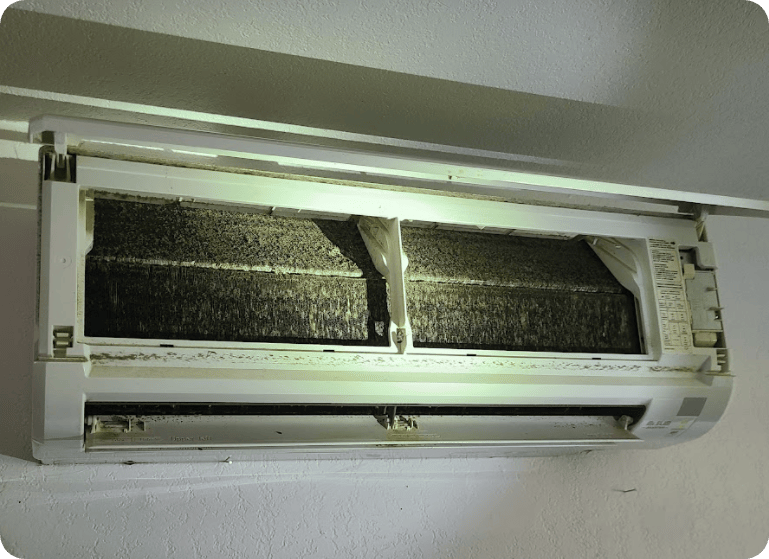How To Spot And Fix Mini Split Condensate Drain Line Clog
How To Spot And Fix A Mini Split Condensate Drain Line Clog
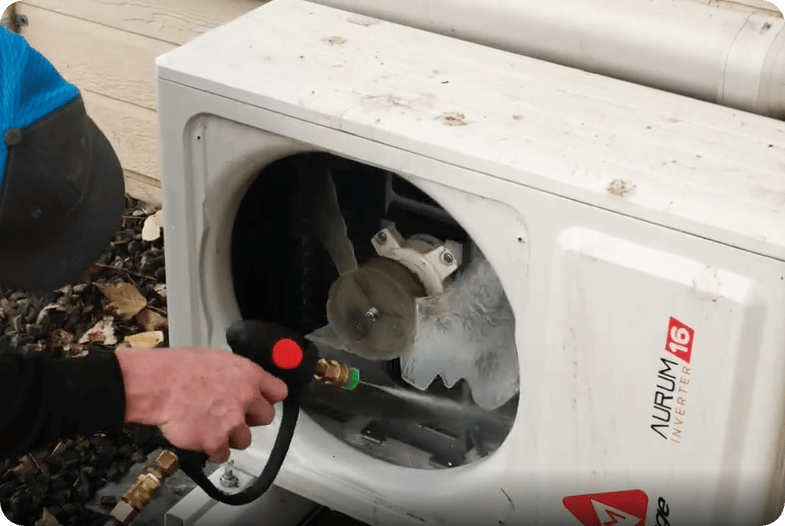 The condensate drain line on your mini split gets rid of water that would otherwise build up in your mini split system. Your air handlers dehumidify a room as part of the cooling process, and when the moisture in the air condenses back into a liquid, it has to go somewhere.
The condensate drain line on your mini split gets rid of water that would otherwise build up in your mini split system. Your air handlers dehumidify a room as part of the cooling process, and when the moisture in the air condenses back into a liquid, it has to go somewhere.
That’s where the condensate line, or drain pipe, comes in. As humid air passes over the evaporator coil in your indoor unit, the water vapor condenses into liquid and flows through the line outside.
But, if that drain line gets clogged, you’ll run into a host of issues. And, it’s easier than you may realize for that line to get blocked up. That’s especially so with a mini split versus a conventional air conditioner.
We’ll walk you through the common signs of a clogged drain line in this article. And, we’ll give you some tips on how to troubleshoot and possibly fix it.
You may need to call a licensed HVAC technician to solve the problem. But in other cases, an excellent deep cleaning gets rid of the problem. That’s where HydroKleen208 comes in.
Our cleanings are often less expensive than a repair. And, they’ll improve your indoor air quality. We’ll get into all that a little later in the article. For now, you can always call us at (208) 779-5596 with any questions about the mini split in your Treasure Valley home or business.
Related: My Mini Split Won’t Turn On: Four Common Causes (And How To Fix Them)
Why Is My Mini Split Leaking Water?
A mini split leaking water inside your house is a common sign that your condensate drain line is clogged. Instead of draining out as it should, water that’s condensed from vapor to liquid in your system has no way to escape. Eventually, it builds and starts leaking from the indoor unit.
Now, the best-case scenario is that the water seeps into the room. You may not think a damaged wall or furniture is ideal. But it’s a lot better than dripping behind the wall where you can’t see it right away.
In this case, check for bubbling wallpaper or soft or spongy spots. And sniff around for a musty odor behind the wall.
That’s as opposed to the smell coming directly from the indoor unit: A dirty air handler blowing stale air spreads mold or mildew as it circulates the air.
How Does A Condensate Drain Line Clog?
The two main reasons your mini split condensate line or drain pipe clogs is a bad installation or buildup inside the system.
Related: What Is The Cost Of A Cleaning?
In the case of a bad installation, the line kinks, gets disconnected, or bows in such a way that water can’t flow through it. When that happens, it backs up and leaks out.
Or, dust, dirt, and even mold buildup inside your air handler blocks the condensate line. It happens the same way hair clogs your shower drain or too much food in your sink drain causes a backup.
The good news is that the buildup is the more common cause. It’s still inconvenient, but it’s easier to clear out than taking the unit apart or going behind the wall.
In some cases, all you need is a good cleaning, which we’ll talk about a little later.
Other Signs Of Mini Split Drain Problems
While water leaking from the system is a clear sign of a mini split drain problem, you might notice other symptoms first. Another, as we mentioned, is a musty or moldy smell near the unit.
In other cases, your system starts malfunctioning. The excess water prevents it from working correctly, so you end up with weak airflow and hot and cold spots in the house. That’s because your unit can’t heat or cool the air as it should.
Or, it gets bad enough that your indoor unit trips a failsafe and won’t turn on at all. However, there are plenty of other reasons for weak circulation or your mini split not powering on at all. So, you’ll need to do some more troubleshooting when that happens.
Related: Five Reasons You’ll Love A HydroKleen Cleaning
How To Check And Clean A Mini Split Drain Line
Depending on where the blockage occurs, you may be able to spot it and fix it yourself. But, we don’t recommend you take anything apart. You risk damaging the system even more or, at the least, voiding the warranty.
But, start by powering off the unit and taking off the air handler panel. If you see puddled water, look for the drain line near it.
Remove any dirt or organic matter blocking the line. And shine a light down the drain pipe. If you can see more buildup right near the opening, you can carefully clear it out.
Next, check outside where the line ends. That’s usually outside near the heat pump or in a slop sink in the basement. Look for signs of mold around the end. And, shine a light to check for a clog at that opening.
Once again, we don’t recommend taking apart your system or reaching too far into the line. Even if you find the buildup, you should still get a professional cleaning. That service will cover much more than you can, and it will alleviate other problems like weak airflow or even rising electric bills.
Related: How Often Should A Mini Split Be Cleaned?
When you call, be sure to mention the clogged drain line, even if you cleared it yourself. That way, your tech can inspect for anything else that will cause the pipe to get blocked up again.
Our HydroKleen208 cleaning process is different from routine maintenance. We don’t check electrical components, moving parts, and things like that. But, our specialized process does a much better job of flushing out all the contaminants inside your system.
For instance, here’s an air handler coil where we’ve cleaned half so far:
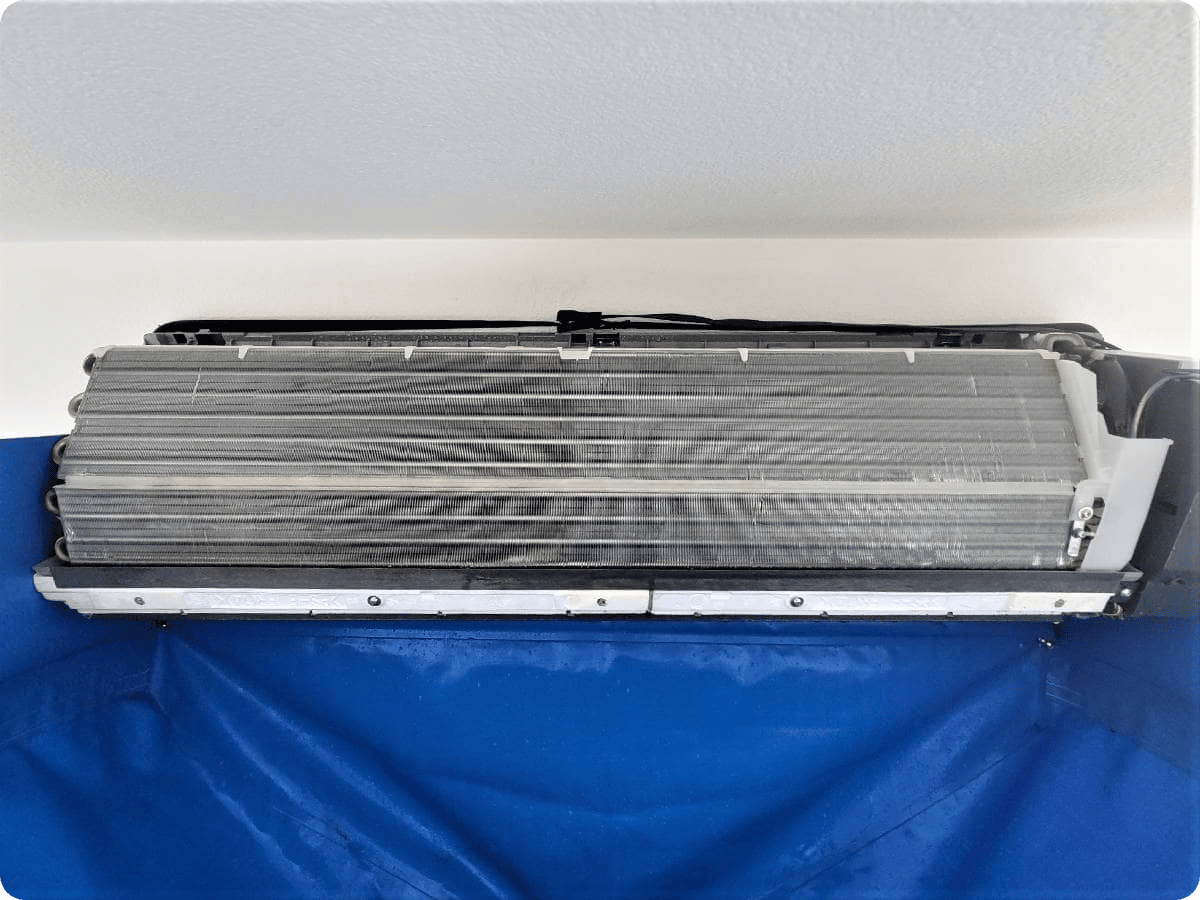
A cleaning compliments regular maintenance and improves your system’s performance all around. And, it’s an excellent first step toward addressing a clog. We’ll let you know if there’s a bigger problem once we start the cleaning.
Mini Split Clogged Condensate Line Repair Cost
The cost to fix a clogged mini split condensate line usually ranges from $200 to $400 when you call a licensed HVAC technician. That’s assuming they don’t need to reinstall the unit to prevent the problem from happening again.
That’s usually more than you’d pay for a HydroKleen visit. And, as we mentioned, our cleanings improve your system performance and energy efficiency as well.
Related: What Does It Cost To Clean A Heat Pump?
Heat Pump Cleaning In Eagle, ID
HydroKleen208 brings more than a decade of research, development, and experience to our mini split and heat pump cleanings in Eagle, ID and across the Treasure Valley. If you’d like to learn more, or are ready to set an appointment, call us at (208) 779-5596 or click below.

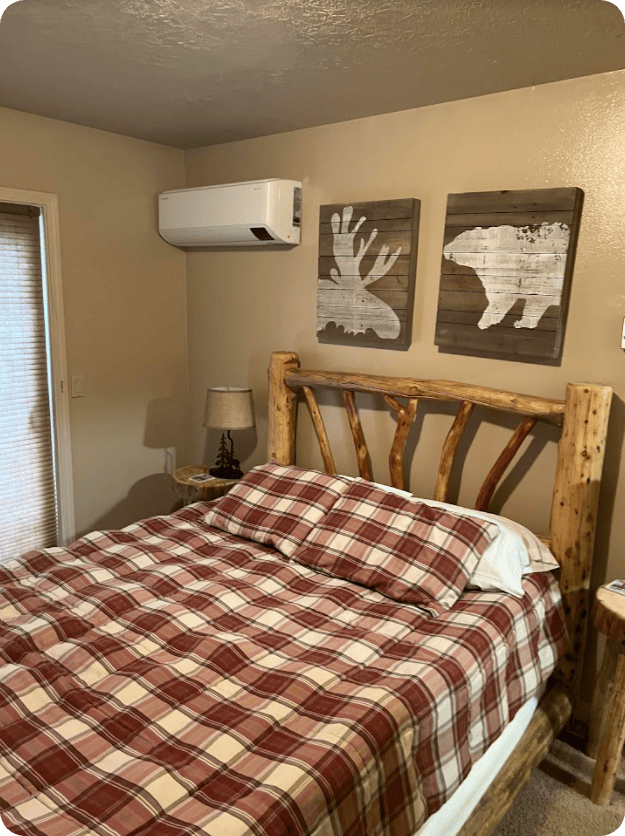 There’s no need to panic if your mini split system suddenly won’t turn on. There’s a quick, simple fix for the problem in many cases. Sometimes, you can even handle it yourself!
There’s no need to panic if your mini split system suddenly won’t turn on. There’s a quick, simple fix for the problem in many cases. Sometimes, you can even handle it yourself!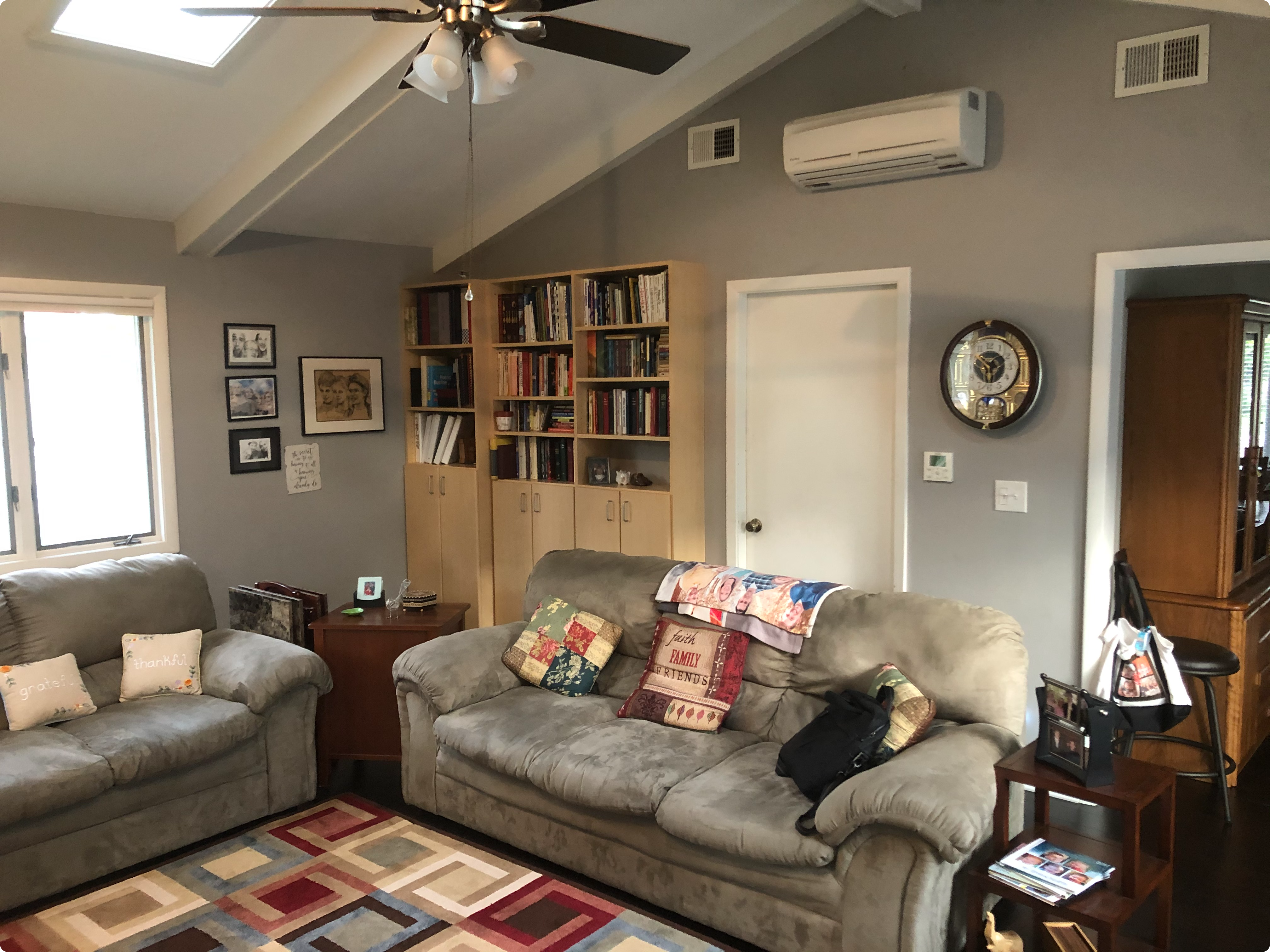 Your nose knows! A funky smell coming from your mini split is a sign of a problem. Depending on the odor, it could be anything from an electrical issue to mold infestation to a problem outside your home.
Your nose knows! A funky smell coming from your mini split is a sign of a problem. Depending on the odor, it could be anything from an electrical issue to mold infestation to a problem outside your home.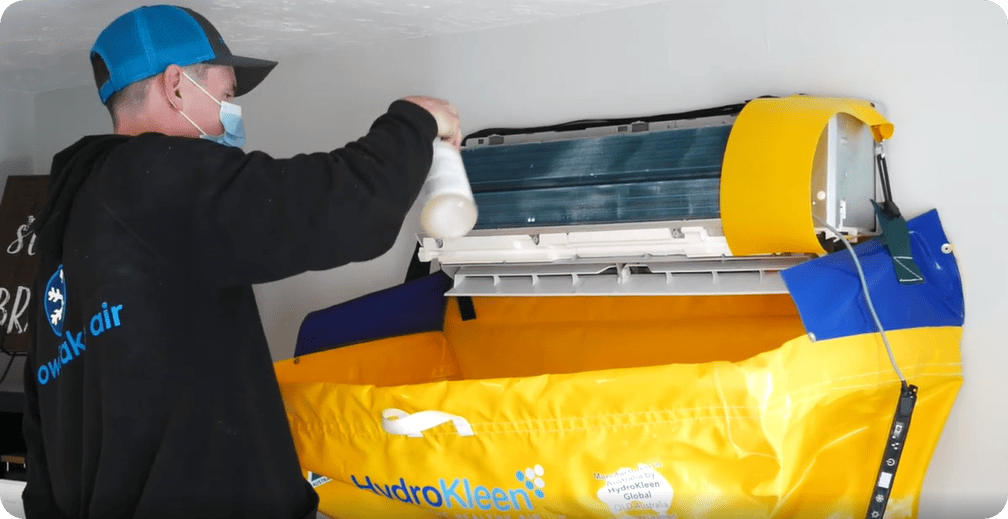
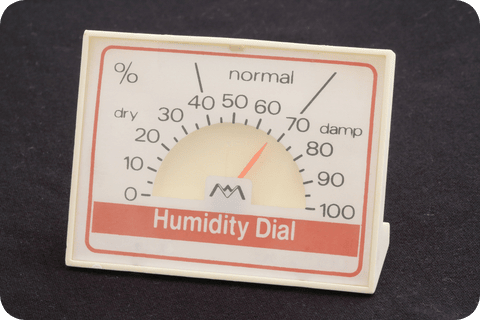 Did you know your mini split dehumidifies your home while cooling it? That’s not a bonus or extra feature. It’s an essential part of the cooling process.
Did you know your mini split dehumidifies your home while cooling it? That’s not a bonus or extra feature. It’s an essential part of the cooling process.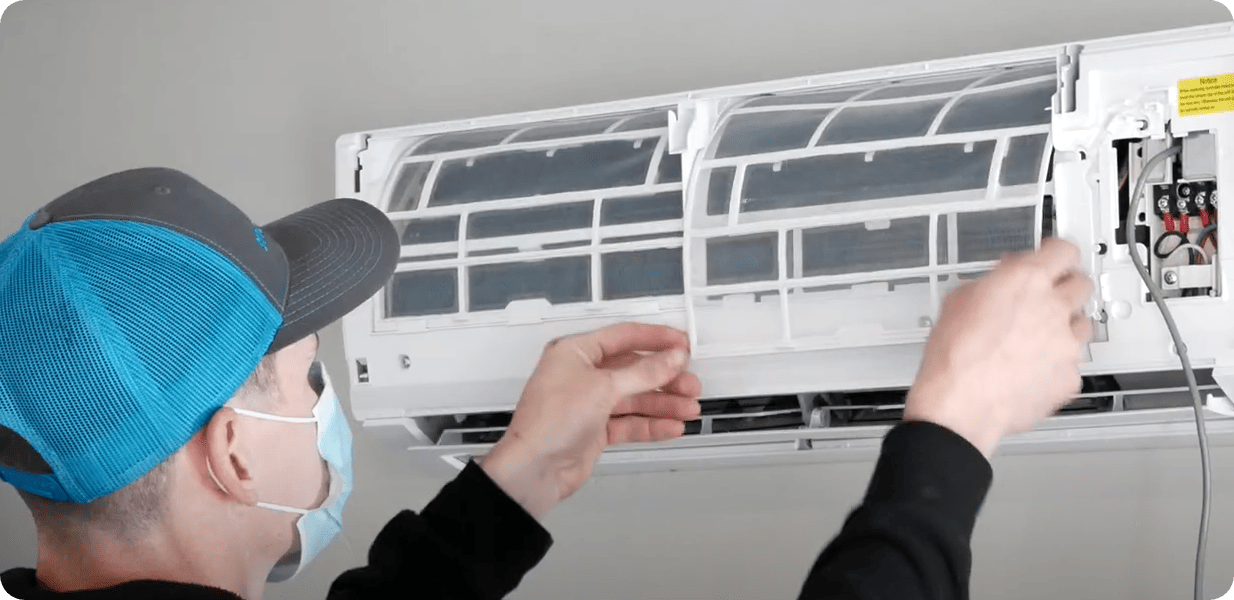

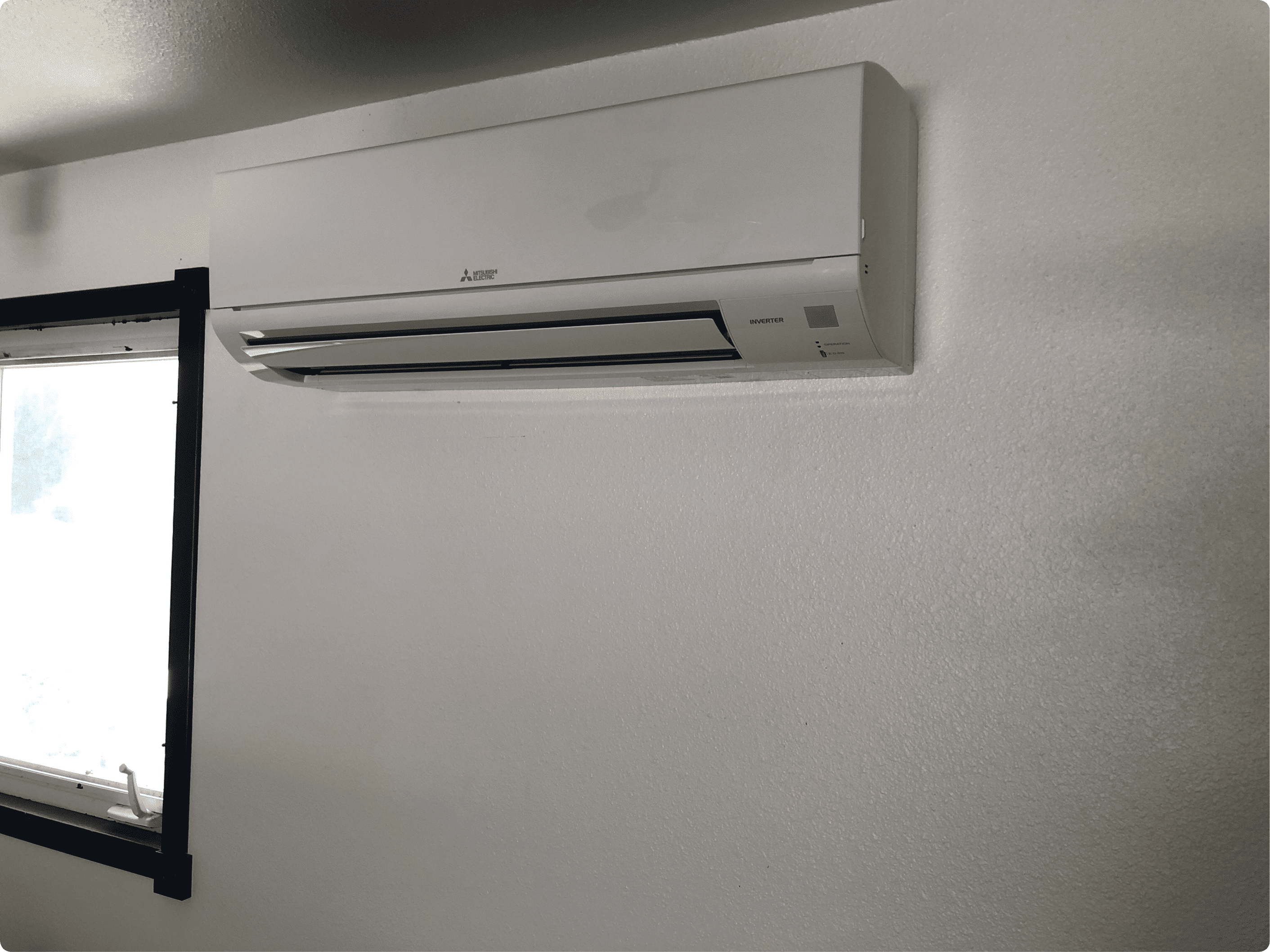 Even though forced-air systems are more common, ductless systems are becoming more popular. That’s especially so here in Boise and up in Valley County.
Even though forced-air systems are more common, ductless systems are becoming more popular. That’s especially so here in Boise and up in Valley County. 